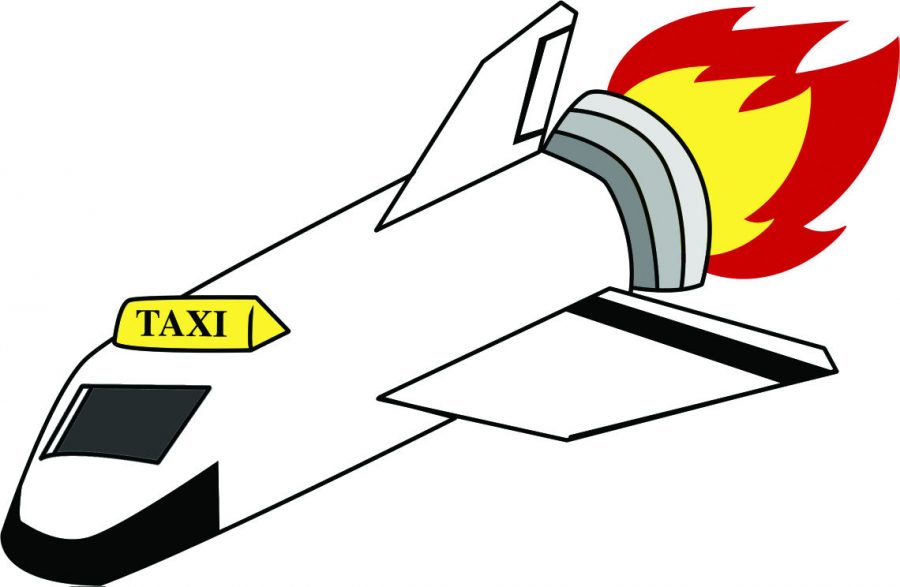NASA Chooses SpaceX and Boeing to develop Commercial Space Taxis
October 24, 2014
On Sept. 16, NASA awarded Boeing and Space Exploration Technologies (SpaceX) a contract that will result in sending crew, commercially, to the International Space Station (ISS) by 2017. The contract is worth up to $4.6 billion for Boeing, and up to $2.6 billion for SpaceX.
Since July 21, 2011, when space shuttle Atlantis landed at Kennedy Space Center, American astronauts have not had domestic access to orbit. The retirement of the storied space shuttle program forced US astronauts to hitch rides on the Russian Soyuz capsule in order to get to the ISS, which costs more than $70 million per person.
This commercial crew program started in 2010 when NASA began conducting a multiphase program to stimulate the development of privately operated crewed vehicles to low Earth orbit. The program, run by the Commercial Crew and Cargo Program Office (C3PO) at NASA, is built off the hugely successful Commercial Cargo Program, which stimulated the development of two uncrewed cargo spacecraft, which now deliver cargo to the multi-billion dollar ISS.
After a number of selection rounds, there were three companies vying for the final contract called Commercial Crew Transportation Capability, or CCtCap. Those companies were Boeing with their CST-100 capsule, SpaceX and their Dragon V2 capsule, as well as Sierra Nevada Corporation and their Dream Chaser space plane. NASA selected Boeing and SpaceX.
SNC, which had the only space plane in the competition, lost despite being cheaper than Boeing by nearly $1 billion. Following NASA’s decision, SNC filed a legal challenge, requesting a review of the selection process.
Keith Cowing, a former NASA engineer, who runs NASA Watch, an online publication devoted to the free exchange of information on space policy and NASA operations. He said challenges like this are normal in the industry.
“NASA has been caught with their pants down in terms of maybe not having the most crystal clear procurement guidelines. The Government Accountability Office is going to take a fresh look at that, and they may find out that NASA didn’t give one company or another full consideration,” said Cowing. “I’m thinking that’s not going to happen, given that they kept delaying this thing.”
If the GAO doesn’t reach a decision by Thanksgiving, it would be, at earliest, January before a ruling is made. Until then, SpaceX and Boeing have been ordered to stop work on CCtCap related work.
A decade ago, SpaceX and Sierra Nevada were merely blips on NASA’s radar. Today, one company is awarded the second prize of a contract and the other comes close enough to challenge the selection.
“It shows you that new overtly commercial space companies, as opposed to monolithic ones like Boeing and Lockheed [are] able to muster proposals this scope and then argue over procurement,” said Cowing. “It shows that the industry has spawned a new arm of itself.”
SpaceX and Boeing both expect to begin un-crewed orbital test flights of their systems by 2016 or early 2017.
Derek Richardson, Derek,[email protected], is a sophomore mass media major



